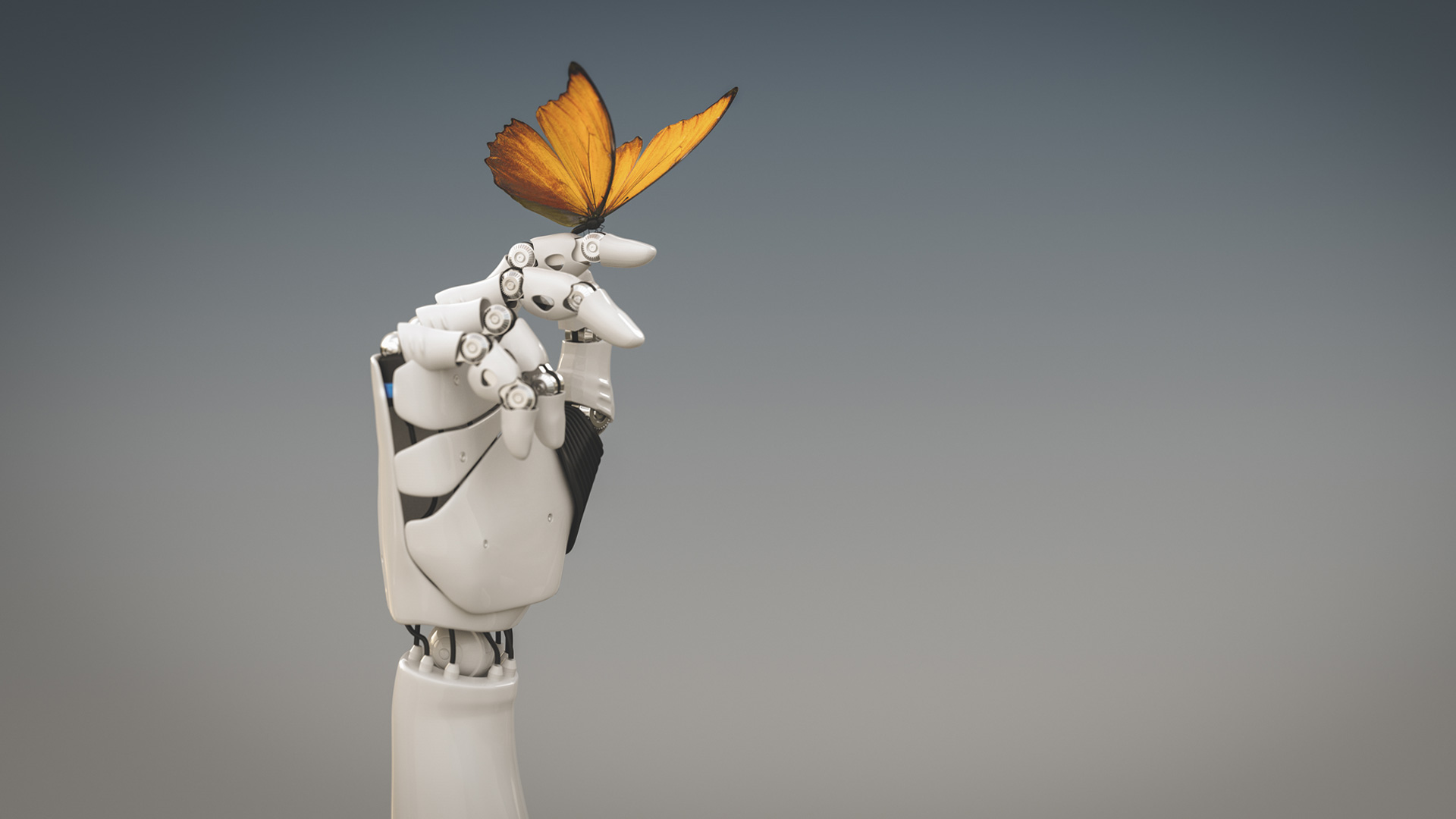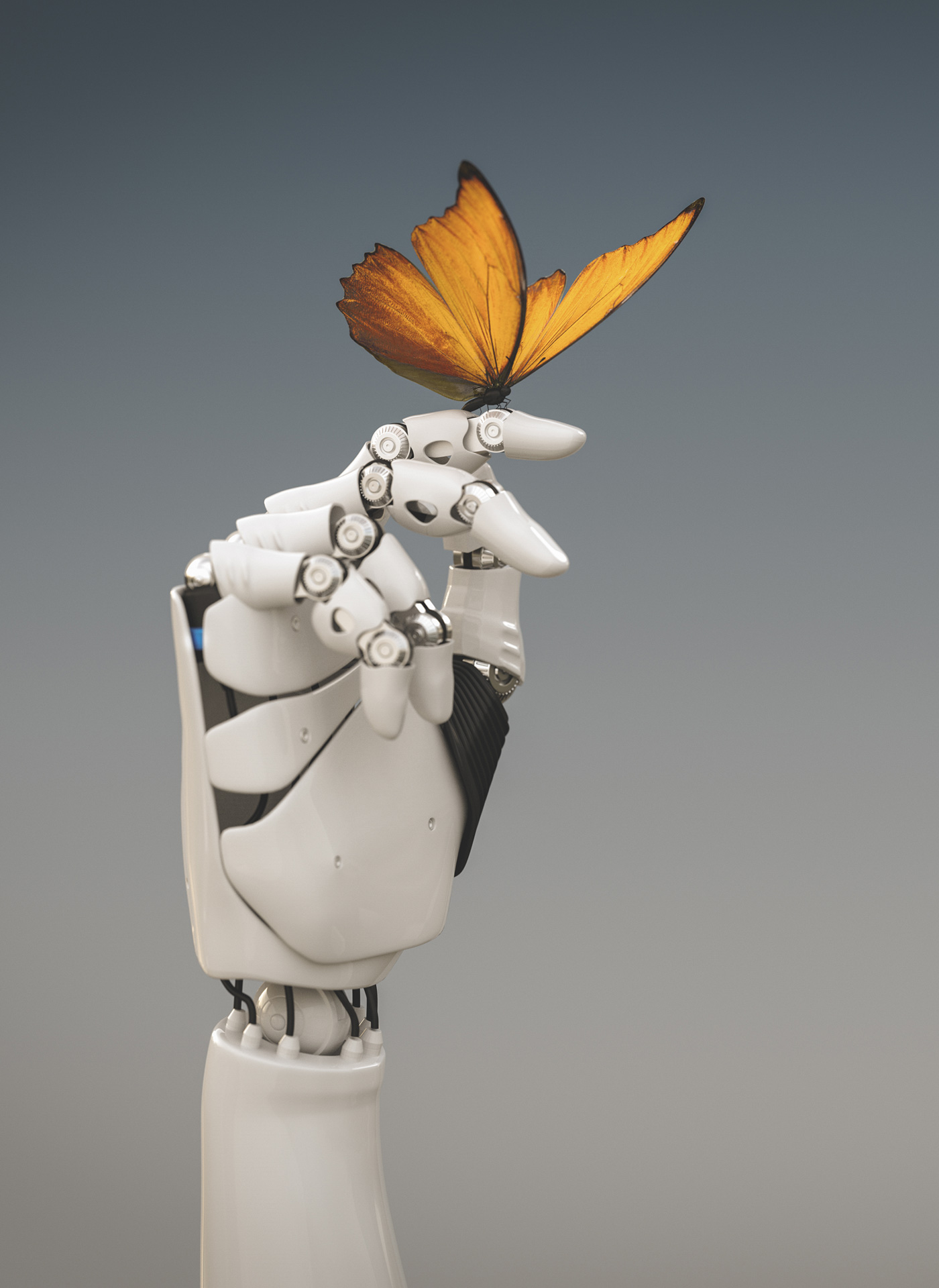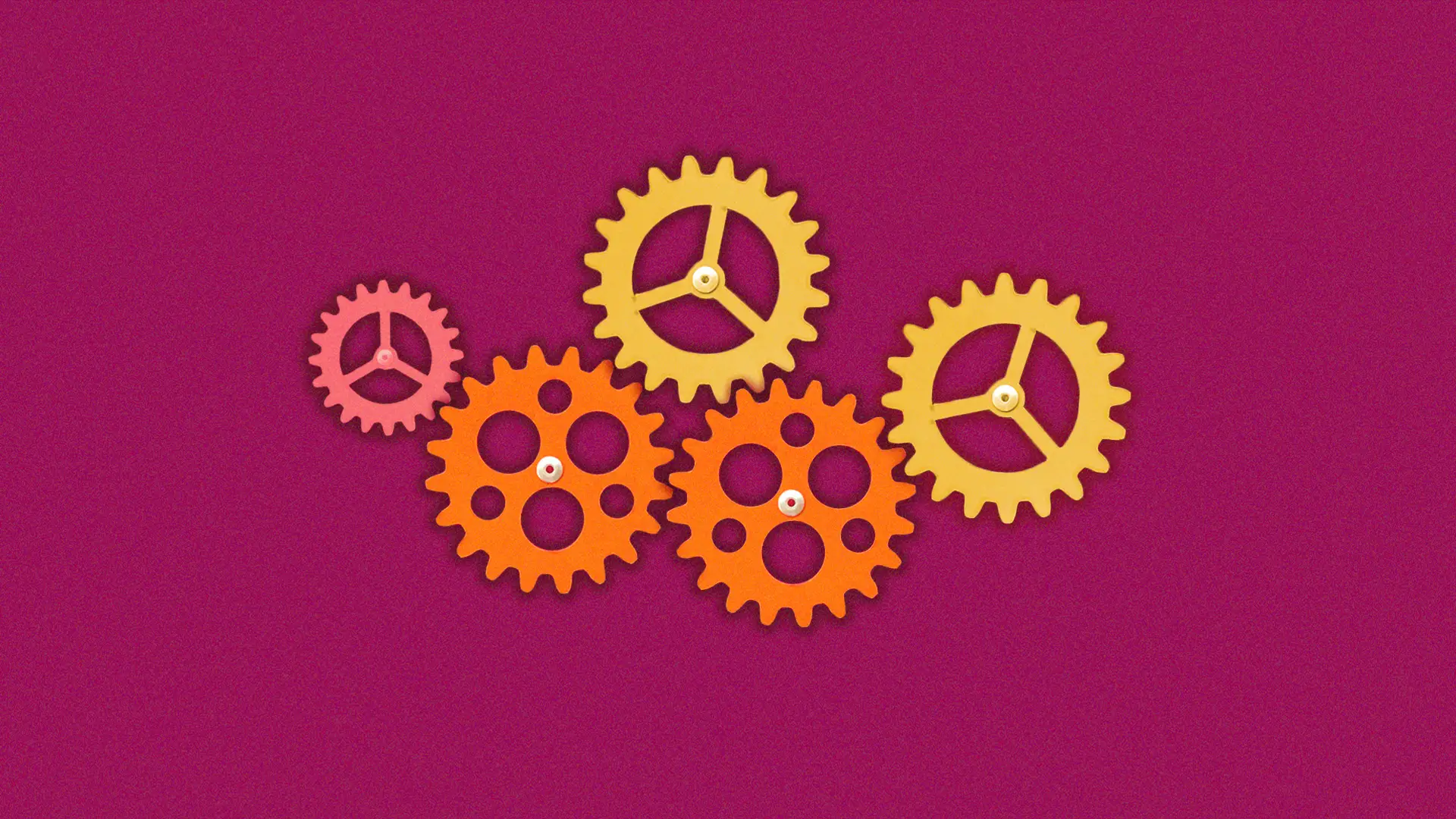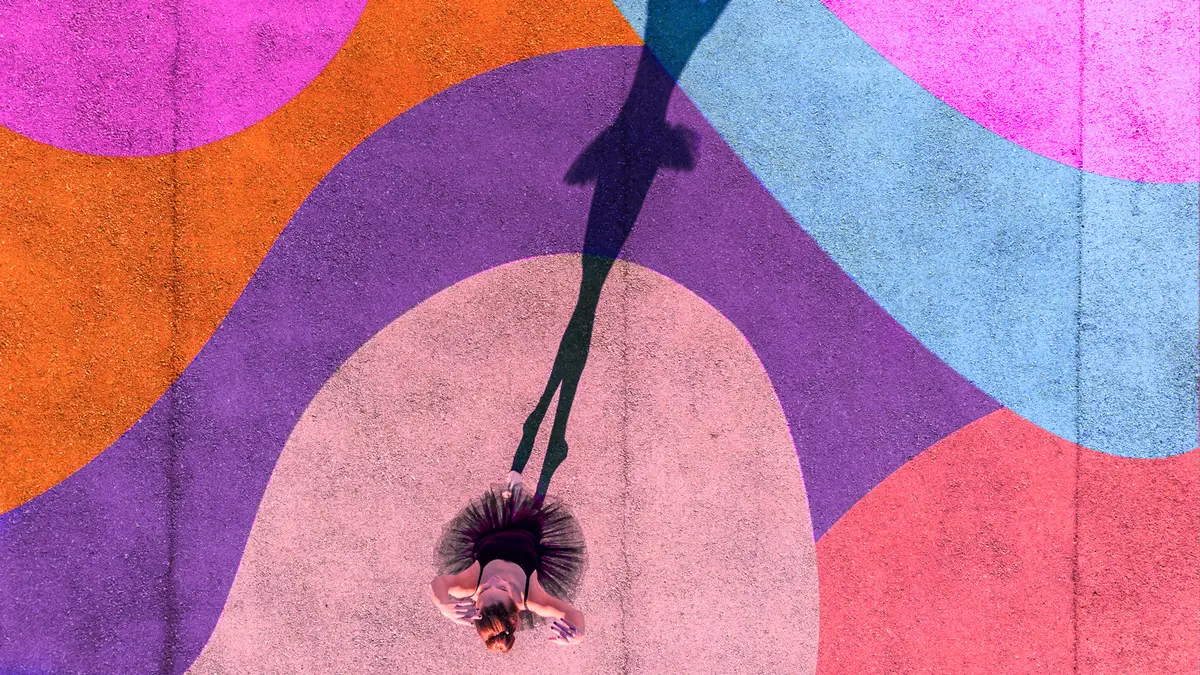

A degree. Software proficiency. Experts in digital technologies. A strong portfolio. Technical skills. When hiring members of a creative team, these tend to be the skills that hiring managers tend focus on – and with good reason. Though extremely important, these technical skills aren't always enough on their own; they need to be supplemented with critical non technical skills (often called “soft skills”) in order for a candidate to be well-rounded and a productive member of your team.
Here are the examples of seven important non technical skills you need to look for in your creative candidates to make sure you've really got the best candidate.
Soft Skill #1: Communication
It's said so often that it sounds cliché, but good communication skills actually are one of the most important traits in a candidate for any position.
Poor communication leads to missed information and misunderstanding. Not only can this result in disagreements and frustration, it also wastes everyone's time as people chase each other for details and clarification, and redo work after expectations are finally sorted out.
It's just as important to remember that exceptional communication leads to excellent work. Better ideas, more efficient approaches, effective use of time—all of these things happen when team members communicate well with one another.
It makes sense to expect your best candidates to have good communication skills. After all, a creative person's job is to communicate—they communicate messages and ideas with their words, design, art and copy. So, extending that ability to communicate effectively in a team environment just makes sense.
Soft Skill #2: Time Management

Deadlines: no one who loves doing creative work loves them, but you just can't keep the wheels rolling without them.
Deadlines keep projects from dragging on into eternity and offer that little bit of pressure that often spawns some of the best creative work. Consistently meeting deadlines shows your clients that you care about their time and can be trusted to meet their needs.
To meet your deadlines as a team, each person needs to have solid personal time management skills. You (and your project manager) don't want to be constantly chasing someone down to get them to complete their portion of the project, so the rest of the team can get to theirs.
Time management is a difficult skill to learn because it often involves breaking a lifetime of bad habits, so it's really best to hire staff who have proven that they are already capable of working with deadlines.
Don't be afraid to ask directly what tools they use to manage their time or for a time when they missed a deadline. Hearing how they handle their current work will help them see how they'll handle yours.
Soft Skill #3: Cooperation
Whether your employees work in office or remotely, they're working as part of a team. Nobody works entirely in a silo. Each member of your team needs to be able to collaborate, compromise, and handle feedback—both giving and receiving—in a mature and respectful way.
The result? A happier team, a healthier environment and some fantastic collaborative work.
Difficult projects and stressful deadlines are inevitably in business. During these stressful times, the non technical skills and expertise that a team member possesses can make or break a company culture.
Equally important, any creative who is interacting with clients at any level should be able to cooperate with external business contacts, respecting ways of doing things that are not their own to become a true partner.
To drill down for this non technical skill, ask about the most difficult person they've worked with and listen for their takeaways. Their view of cooperation in tough situations will help you see if they fit in your team.
Soft Skill #4: Adaptability

Part of what makes any creative person an ideal candidate is their confidence in putting forward their own unique ideas.
However, as valuable a skill as that is, there comes a time when they will have to adapt to someone else's vision. This is difficult for some people to accept, but conforming to the expectations of clients is the only way to maintain a vital business.
It's important that candidates demonstrate their flexibility before coming on board, so be sure to ask questions through the interview process about times they've had to deliver work in a way they didn't personally agree with or had to work in an environment that required frequent change.
Teamwork is often a game of give and take where visions sometimes do not perfectly align. Creative candidates who possess interpersonal skills, a high emotional intelligence, and a positive attitude will thrive when the job requires patience.
Creatives without a comprehensive set of non technical skills and the necessary situation awareness may find themselves quickly overwhelmed by their job function.
An employee who displays adaptability can be your greatest asset—their flexibility will make for a better relationship and will help your business through trying times as well as improve employee retention.
Soft Skill #5: Problem Solving
In any job, problems of all kinds are sure to arise. It's inevitable.
Though you can't predict the nature of the problems you'll encounter in the future, you can prepare by hiring employees who are comfortable solving problems.
An employee who can't solve problems on their own will require you to essentially do it for them—which will be a burden on your time, your resources, and your patience.
Remember: the best opportunities and discoveries often arise from problems and someone's ability to creatively solve them.
So, when assessing candidates, look for opportunities to talk about not just the work, but the problem they solved in each example through the use of their non technical skills and problem solving skills.
Do yourself a favor and fill your team with people who see the potential in any problem, and you'll have a powerful team.
Soft Skill #6: Organization

While many creatives are quite organized, sometimes when you're working with creative employees, a certain amount of chaos can come with the territory.
However, there is a difference between a messy desk and an inability to answer an email on time.
Though a certain amount of controlled pandemonium is okay, your business will suffer if disorganization creeps into your project communications and timelines.
Especially since just one disorganized employee can set off a chain reaction of missed details and inefficiencies and negatively influence others on your team.
Tight deadlines are inevitable in business, and it is ideal for candidates to have some level of organization and time management skills.
You don't have to expect perfection from your staff, but a certain amount of organization is paramount to getting your ideas off the ground and keeping your clients happy.
Ask questions about how candidates stay on top of projects and how they organize their time. Just a few simple questions can help you find the standout candidate. Learn more about the benefits of project management for creatives.
Soft Skill #7: Storytelling
Whether getting buy-in from an internal team, helping the company land a new client or simply presenting alternative solutions, the best creative talent know how to tell a good story.
In fact, for digital projects that require design, content, UX and development, the ability to tell a story is mission critical to creating truly compelling work that meets user needs.
From defining a customer journey to developing user workflows that drive desired behavior, storytelling can be found in every creative role. Want to know if your candidate can tell a good story? Listen carefully to how they present their work and ask questions about the user stories they worked with to create great digital experiences.
To reiterate, technical skills are no doubt important—they can help you gauge a candidate's ability to handle the work that's waiting for them and deliver final projects that work. However, all the technical skills in the world can't make a project run smoothly, efficiently, and harmoniously.
Before you bring a new team member on board, make sure they have the essential soft skills needed to complement their technical abilities.
Soft Skills: In Summary
When looking for the perfect hire, non technical skills, or soft skills, should be considered as heavily as technical skills.
Technical skills can often easily be taught but honed interpersonal skills, robust networking capabilities, strong interpersonal skills and sharp decision-making techniques are more challenging to develop and cultivate.
It's important during a job interview to uncover how well equipped candidates are in those departments to ensure finding an ideal fit for your role.
Related

Great brand collaborations are the best to strengthen identity.
Design & Experience, Insights & Trends, Marketing & Creative, Beauty and Fashion

Consumer demand and policy are driving EV market growth.
Development & Technology, Insights & Trends, Automotive

Are you missing opportunities to improve health screenings?
Design & Experience, Marketing & Creative, Health

